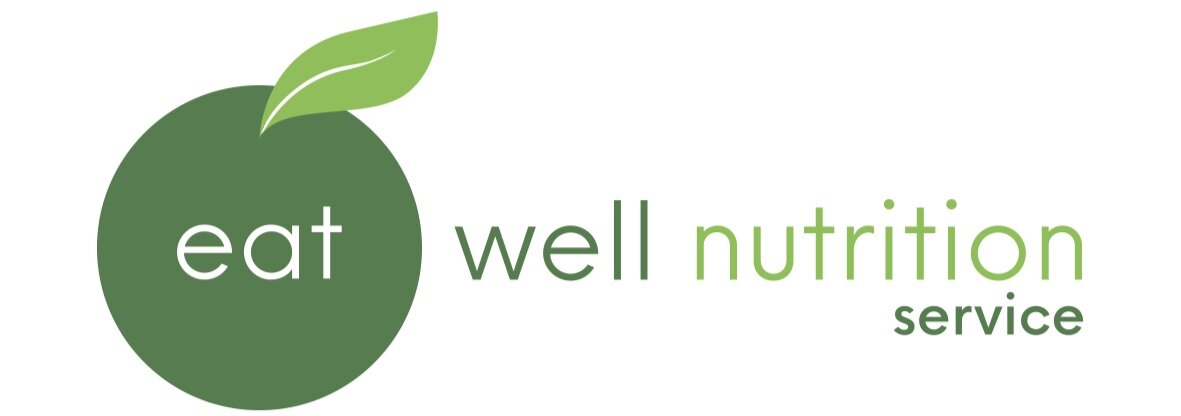Professional development update
Understanding behaviours and improving the meal experience
At Eat Well Nutrition, our Dietitians are continually updating their knowledge and skills in aged care nutrition to ensure the best results for our clients. A recent event focused on improving food intake by understanding behaviours and factors that promote a pleasant meal experience.
Understanding resident’s food behaviours and the factors affecting the dining experience can assist us in improving nutritional intake. The dining room is a crucial factor that affects food consumption. The atmosphere and the physical set up of the room can greatly impact a resident’s food intake.
Teamwork is required to provide a positive meal environment, and care staff play a very important role in creating a nurturing setting. Allowing residents enough time to eat, as well as assisting where needed can help improve intake. Other key strategies that staff can utilise to create a positive environment include placing importance on every meal, assisting residents to focus, reminding residents that eating meals is not a task but a very important part of the day, and following up on resident requests and concerns. More notably, attitudes at a meal can also affect a resident’s outcome at a meal time. The positive attitude of kitchen and care staff towards a dish can help increase the amount of food consumed. Enhancing the eating experience by holding theme days, surprise items on the menu, or cultural food themed meals can also improve food intake and enhance the eating experience.
There are other contributing factors that affect nutritional intake, which are worth noting. We are all very unique when it comes to food behaviours, preferences and habits. Whilst there are strategies we can implement to assist with improving resident’s intake, why a person behaves a certain way around food, or has certain food habits or preferences will be influenced by personal experiences and this has to be taken into account when trying to understand a resident’s behaviour.
Meals are a significant part of a resident’s day. Food is aligned to what we do daily and events that mark our lives. Food memory describes the thoughts and feelings we have when we reflect about a certain food or dish. When we consume food as we remember it to be in our food memory, expectations are met and we are satisfied. We often lose sight of the importance of food memory in the aged care setting. If a resident is presented with food that is not how they remember, poor oral intake can follow, and therefore food memory can be a significant barrier to adequate nutritional intake.
Other potential barriers that can affect a meal experience and nutritional intake in aged care:
Dislike of the cooking methods
Access to favourite foods is cut off
Doesn’t taste as remembered
Texture of food – too hard/soft
Bland/favour
Loss of home-like environment
Staff/co-resident’s attitudes
Some of these barriers can be overcome; however it is difficult to overcome others due to the unique nature of a person’s food behaviours, memory and habits.
In summary food intake can be influenced by a variety of factors. It is important to improve a resident’s physical environment, however whilst we cannot always influence a person’s food behaviour, habits and food memory, being aware and considering the bigger picture can assist with improving the resident’s meal experience.
